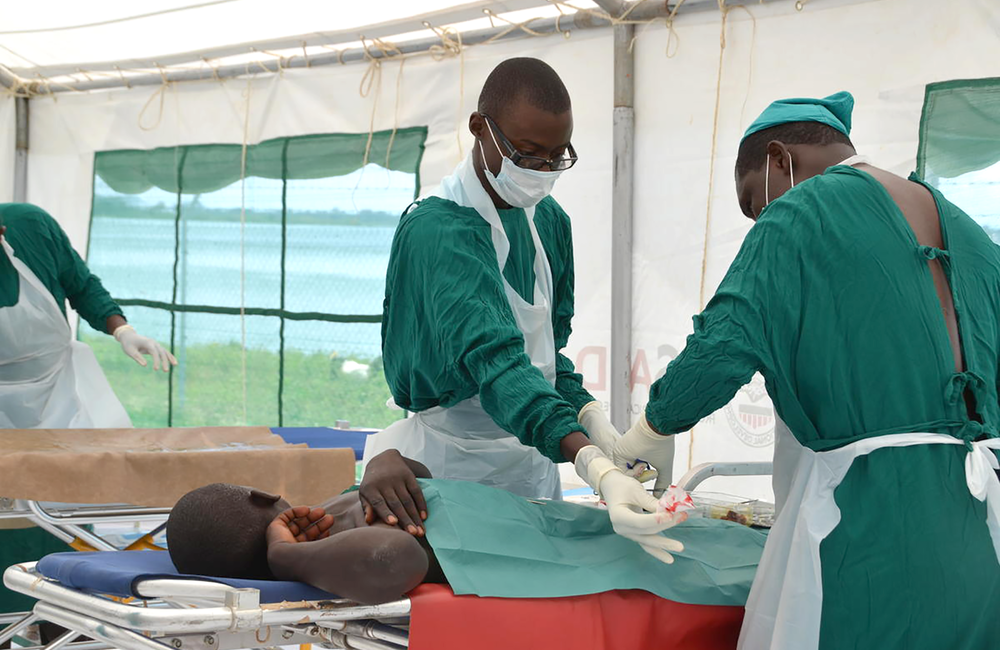There has been a persistent drop in the number of men opting for safe male circumcision- SMC over the past three years, according to the data compiled by the Uganda AIDS Commission.
According to the report, at least 703,997 men were circumcised in the last 2018/2019 financial year compared to 747,244 in 2017/2018. In 2017, the same trend was recorded with 800,000 men being circumcised compared to 1 million in 2016.
Dr. Nelson Musoba, the Director General UAC, says the reduction of 43,247 in the number of men being circumcised will not stop the country’s target of circumcising over 4 million men.
SMC is believed to be able to reduce the possibility of HIV infection by 60 percent. Circumcision has other health benefits, which include reducing the risk of developing Urinary Tract Infections and Sexually Transmitted infections.
It is believed to also decrease the risk of getting penile cancer. Ibrahim Twinomuguni, a doctor at the SMC clinic at Makerere University Hospital, says they have recorded a decrease in the number of men seeking SMC services.
According to Dr. Twinomuguni, the reduction is mainly noted during the school term. He says on average they circumcise 15 people during the term compared to 30 during school holidays. Dr Joshua Musinguzi, the head of the AIDS Control Programme in the Health Ministry, says if the current trend continues a new approach of reducing exposure to HIV for men will have to be found.
“Men have poor health-seeking habits, While SMC doesn’t stop a man from getting infected with HIV, it reduces the chances. Now if men are not getting circumcised, this is worrying and something that we have to address as a country,” he said.
Dr. Twinomuguni says the reduction in numbers is something that has been happening over time. He says the attitude that men had to SMC when it was being launched is not the same today.
According to data from UAC, in the financial year 2018/19, a total of 5280 clients who underwent SMC suffered adverse reactions such as severe pain after the procedure, infections and excessive bleeding. 80 percent carried out the procedure was carried out in Eastern region.
Dr. Musoba attributes the adverse effects to the lack of trained staff in all health facilities that offer the services. “We have an inadequate capacity of health workers who can conduct SMC. Not all facilities have trained teams to offer SMC. But we need to investigate this and rectify it,” he said.











